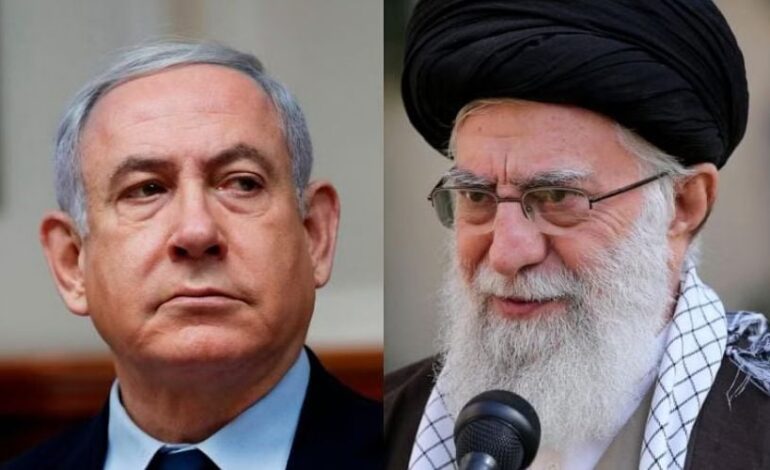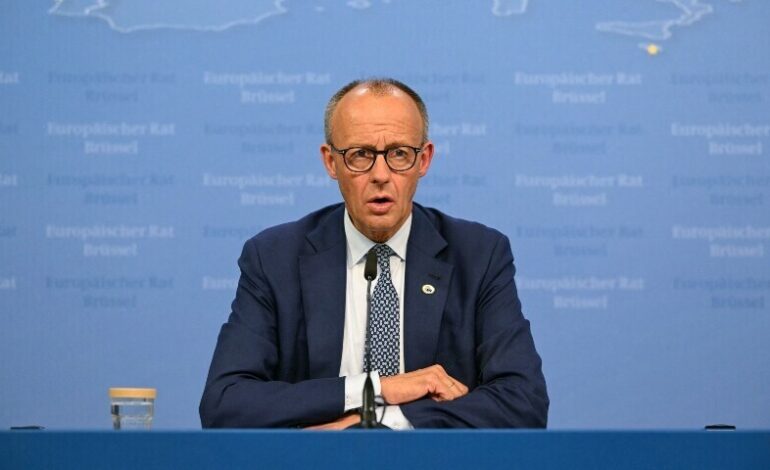
Israel Admits Plot to Assassinate Iran’s Supreme Leader During 12-Day War
TEL AVIV:
In a startling revelation, Israeli Defence Minister Israel Katz has confirmed that Tel Aviv had planned to assassinate Iran’s Supreme Leader Ayatollah Ali Khamenei during the recent 12-day war, but said the plan could not be executed due to logistical challenges.
Speaking in an interview with Israel’s Channel 13, Katz disclosed that Khamenei went “underground to very great depths,” making him inaccessible and severing his direct communication with top IRGC commanders during the conflict. Despite this, Iranian leadership claims that the Supreme Leader remained fully engaged throughout.
“We intended to eliminate Khamenei, but there was no operational opportunity,” said Katz, brushing aside media speculation that the United States had blocked the move, asserting instead that Israel “does not need permission” to act in matters of national security.
The assassination plot, had it materialised, would have marked a major escalation in Middle East tensions, as Khamenei, 85, is Iran’s top political and religious figure, commanding deep reverence across the Shiite world.
US ‘Green Light’ for Future Strikes
Katz also claimed that Israel received a “green light” from former US President Donald Trump to carry out future attacks, should Iran resume its nuclear enrichment activities.
“I don’t see Iran rebuilding its nuclear programme after the strikes,” Katz said, hinting at the recent joint Israeli-US strikes on Fordow, Natanz, and Isfahan — key components of Iran’s atomic infrastructure.
Although Iranian officials have dismissed reports of significant damage, the International Atomic Energy Agency (IAEA) has since intensified its monitoring of Iranian sites.
On Thursday, Khamenei downplayed the impact of the attacks, accusing Washington of exaggerating the damage and reiterating Iran’s commitment to “continue the resistance.”
Netanyahu Declares ‘Great Victory’
In a separate address, Israeli Prime Minister Benjamin Netanyahu declared a “great victory” over Iran, stating that the outcome had strengthened Israel’s geopolitical position in the region and created a “window of opportunity” for further peace deals with Arab nations.
“This victory opens the path to dramatically enlarge the peace accords,” said Netanyahu, referring to the Abraham Accords, which normalised ties between Israel and several Arab states, including the UAE and Bahrain.
Aftermath of the 12-Day War
The intense 12-day conflict, characterised by high-frequency airstrikes and missile exchanges, ended following Iran’s retaliatory attack on the US-operated Al Udeid Air Base in Qatar. A ceasefire brokered by Washington brought the hostilities to a halt, preventing a broader regional war.
As the dust settles, diplomatic and intelligence communities remain on high alert, watching for signs of resumed nuclear development in Iran and the potential for renewed military confrontation.






